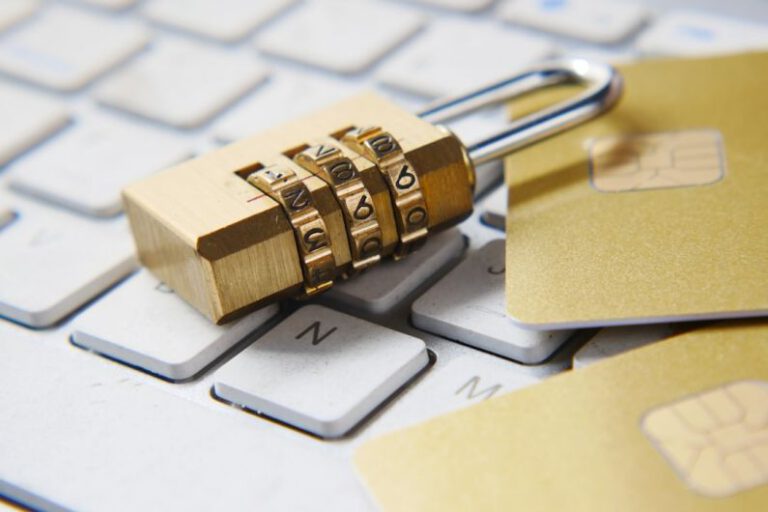Cybersecurity Ethics: the Responsibility of Protecting Digital Lives
In today’s digital age, the importance of cybersecurity ethics cannot be overstated. As technology continues to evolve at a rapid pace, our lives have become increasingly intertwined with the digital realm. From personal information to financial transactions, almost every aspect of our daily activities is now conducted online. With this shift, the need for robust cybersecurity measures has become more critical than ever before. However, it is not just about implementing the latest security technologies; it is also about upholding ethical standards in the realm of cybersecurity to protect digital lives.
**The Human Element in Cybersecurity**
While advancements in technology have undoubtedly transformed the way we live and work, it is essential to remember that behind every line of code and every piece of data, there are human beings. Cybersecurity is not just about protecting systems and networks; it is about safeguarding the individuals whose lives are connected to these digital platforms. This human element is often overlooked in discussions about cybersecurity, but it is crucial to consider the ethical implications of our actions in the digital space.
**Transparency and Accountability**
One of the fundamental principles of cybersecurity ethics is transparency. Organizations that collect and store user data have a responsibility to be transparent about how that data is used and protected. Users should be informed about the measures taken to safeguard their information and should have the ability to make informed decisions about sharing their data. Moreover, in the event of a data breach or security incident, organizations must take accountability for their actions and work towards rectifying the situation promptly.
**Balancing Security and Privacy**
In the realm of cybersecurity, there is often a delicate balance that needs to be struck between security and privacy. While robust security measures are essential to protect against cyber threats, they should not come at the expense of individual privacy rights. Ethical cybersecurity practices involve finding the right balance between ensuring the security of digital systems and respecting the privacy of users. This balance can be achieved through the implementation of encryption technologies, data anonymization, and strict access controls.
**Ethical Decision-Making in Cybersecurity**
Ethical decision-making plays a crucial role in the field of cybersecurity. As cybersecurity professionals navigate complex challenges such as data breaches, malware attacks, and social engineering tactics, they must make decisions that prioritize the well-being of individuals and uphold ethical standards. This involves considering the potential consequences of their actions, weighing the risks and benefits, and always acting in the best interests of those affected by cybersecurity incidents.
**The Role of Education and Training**
To promote cybersecurity ethics, education and training are essential. Cybersecurity professionals must be equipped with the knowledge and skills to make ethical decisions in their day-to-day work. This includes understanding the legal and regulatory framework surrounding cybersecurity, as well as being aware of emerging ethical issues in the field. By investing in ongoing education and training programs, organizations can cultivate a culture of ethical cybersecurity practices among their employees.
**Conclusion: Upholding the Integrity of Digital Lives**
In conclusion, cybersecurity ethics is not just a technical issue; it is a matter of upholding the integrity of digital lives. As our reliance on technology continues to grow, so too does the need for ethical cybersecurity practices. By prioritizing transparency, accountability, and ethical decision-making, we can create a safer and more secure digital environment for all. Ultimately, the responsibility of protecting digital lives falls on each one of us, and by embracing cybersecurity ethics, we can ensure a brighter and more secure future for the digital world.






